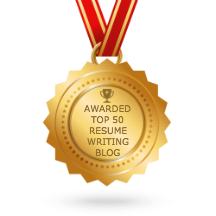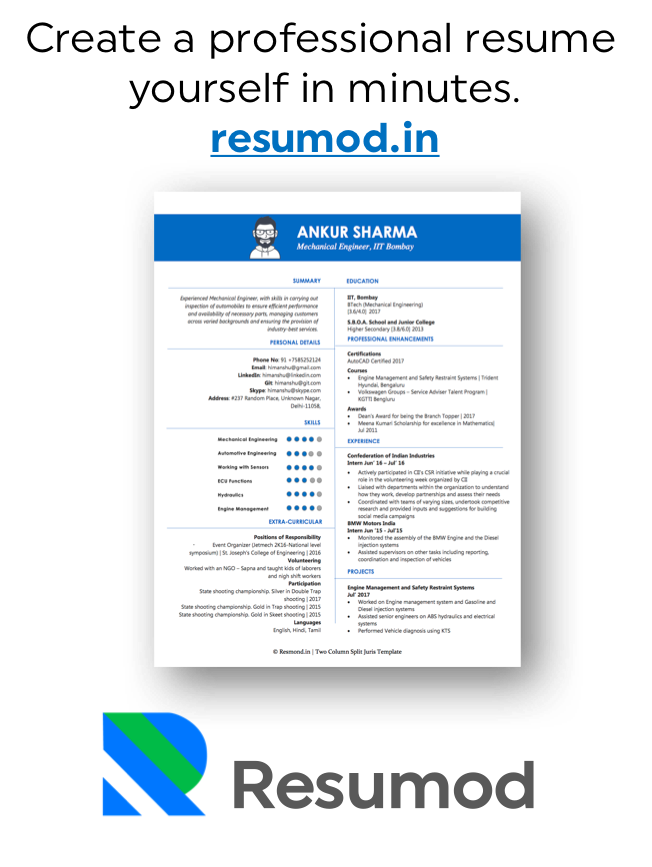While your resume will surely get you your much anticipated interview call, how you conduct yourself in front of your interviewer is the key to getting yourself selected as an employee. A standard interview panel will generally be a single person from the very team you are going to work for; at times there may be two. The interview can be approached in two ways – aggressively or defensively.
A defensive approach would be to sit and wait for each question and reply to what is asked. If you are well versed with your subjects and you think you know the answers to all the questions being put forth, then being defensive is the better way to go. Easy to follow and no compulsive mistakes, just like a good obedient student.
An aggressive approach on the other hand would be to guide the interview, to drive it in the direction you wish to. You will need to be an active participant in such an interview rather than a passive interviewee. Because you will not only be answering the questions rather be engaging with the interviewer in solving his problem, the interview will take the form of a discussion rather than an interview. That is when the employer would have hired you in his mind already!
So, how do you give an aggressive interview?
1. Tell the interviewer what you are good at
In most cases, an interview would generally start with the question – Tell me something about yourself. Most people think this is the most difficult questions anyone can be put to! Surprisingly, this is where the interviewer asks you to make the first move and if intelligently thought of, any candidate can turn this into a position of advantage. An about yourself question should begin with who you are and should always lead the interviewer to most of the relevant achievements of the candidate.
2. Leave holes in your resume
Holes in the resume are subtle discrepancies or hints which prompt the interviewer to ask you a question. They can take the form of
- A not-very-well known (but valid) terminology,
- Abbreviations (always accompanying a complete term, so as to be relevant and explanatory),
- Extremely peculiar information (like an Award name or Scholarship name),
- A very specific hobby or interest (like mountain climbing or playing Elephant chess!),
- An explicit project you worked on (and its details are very relevant to the position you are applying for).
Subtle discrepancies or hints in the resume will prompt the interviewer to ask you a question
Such type of information will always arouse the employer to ask you a question, thus giving you the control to direct him (wherever you wish to). But always be sure to include only that information which is 1) completely true and 2) of which you are absolutely sure of the answer. For e.g. mention about a hobby if you really possess it, because you have no idea even your employer might be into it!
If unfortunately you ever get trapped in a loophole you create for your employer, well then nobody can save your interview.
P.S. There is nothing called as Elephant chess, but it aroused your curiosity didn’t it. Exactly my point! 🙂
3. Take the discussion ahead / Suggest
Always understand that the interview is taking place to fill a need of the employer. The firm or the team you are going to work for needs some work to be done and they need a new hand for it – yours. When you go for an interview, always keep this at the back of your mind. So when you get into a discussion, try to solve his problem. Don’t just stop at the answer to the question that is put forth. Go a step ahead and try to suggest different ways of solving a case. Try also to suggest problems similar to what the employer has asked. This will position you as a candidate who thinks ahead and plans for what all that can go wrong.
4. Study the company beforehand and be ready with your points and questions
Asking questions is perhaps the easiest job in the world. Before an interview closes, an employer will mostly inquire a candidate if she has a question to ask. Always Ask Something. Always.
Always Ask Something. Always.
Before you go for an interview, study the employer’s business properly and prepare your points and valid questions. When the interview ends, or even during the process, ask these questions and listen to the answers. Try to actively engage and cross question if there is a need. Talk about what other firms in a similar business are doing, or share any ideas you may have. Such an engagement will always put you into the good eye of your interviewer.
5. And lastly the body language.
To take control of any situation, you need to present the right body language. Being well dressed, giving a firm handshake, a 100W smile and always looking into the eye of the employer are the pre-requisites. Whenever you answer, try to not look around as much as possible. Keep your eyes fixed into the employer’s and your hands either on your thighs or on the table (joined help as they make you feel less nervous). Gesticulate (hand movement) if you need to. Presenting the right body tone to the employer conveys a feeling of positive attitude and always helps.
If you answer everything to the satisfaction of the interviewer, a defensive approach will almost always land you in the job. But only almost always. Why not always? Because the instances where you will not get the job, despite answering all questions right are that an aggressive candidate would have grabbed it from you.
So be ready with all you answers, and then be aggressive!



